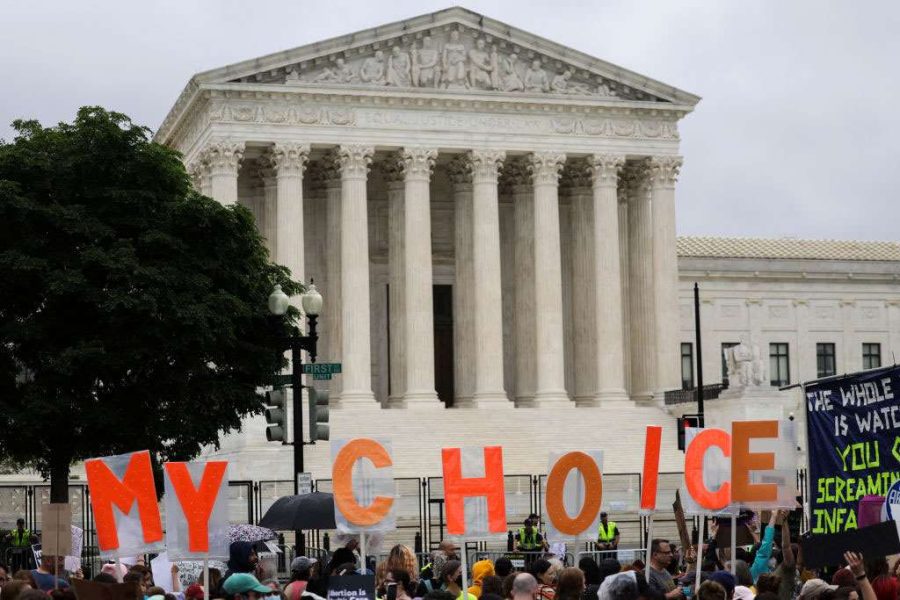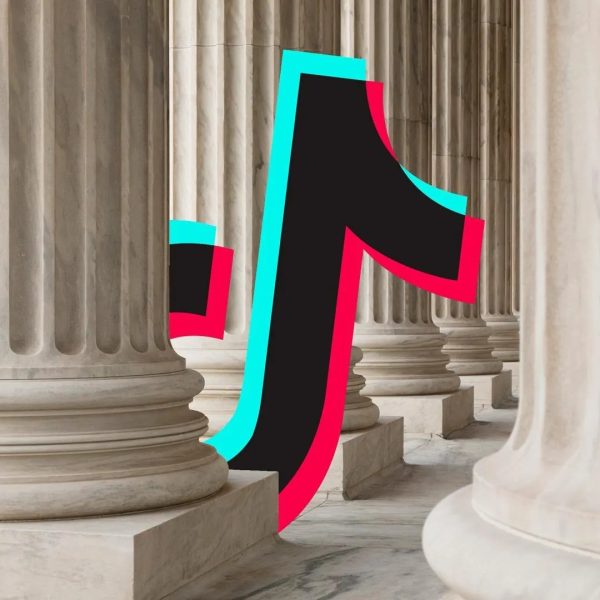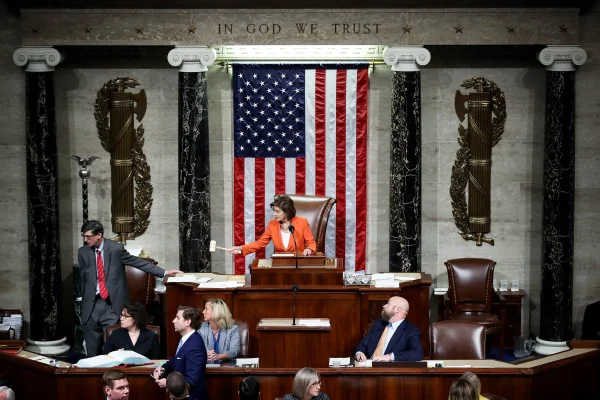Editorial: Implications of a post-Roe America
November 9, 2022
Following June’s Supreme Court ruling to overturn Roe v. Wade, the longstanding decision in favor of abortion rights, tragic stories began to mount of women suffering in abortion-free states, strengthening the conviction of those fighting the overturning. “Trigger laws,” going into effect immediately following the Court’s decision have placed many women at risk. Many states, including our own, jumped at the opportunity, and women’s reproduction changed from a right to a privilege overnight.
Those fortunate enough will have the resources necessary to travel across state lines in order to carry out an abortion, but the the women who do not will be forced to not only carry the pregnancy to term, but suffer the financial and emotional burdens that come with it. It is impossible to ignore who this affects the most, as a Brookings’s Reeves study found that low income women are five times as likely to have an unintended pregnancy than their affluent counterparts. Poor, often black and brown, communities will be further ravaged by the economic burden of childbearing, and more children will be placed in either underfunded foster care systems or underfunded communities.
Religion undeniably plays a large part in many people’s opinion regarding the restriction of abortion access. This is not just problematic as the overturning begins to blur the line between religious affiliation and political decisions on the federal level, but also because the decision ignores the harsh realities of the decision itself. Rather than acknowledging the fact that virtually banning abortion will cause far more harm than good for both adults and unborn children, many cling to moral obligations that place ideology in front of reality, leading to the exact opposite of their desired outcome.
One repercussion that is stated time and time again, but is worth reiterating: banning abortion on a legal level will not stop abortions from occuring. If a woman cannot have a child, either for economic or emotional reasons, but is legally obligated to, they will turn to increasingly drastic measures to prevent it. The best way of preventing these tragedies, even if you are against abortion in its entirety, is not to outright ban abortion, but to rather give all of-age individuals access to contraceptives that would render these practices unnecessary in the first place. Unfortunately, the overturning of Roe v. Wade does not seem to be followed by a push for further contraceptive access, exacerbating the damage caused by sweeping abortion bans. While the overturning was carried out by exclusively conservative Supreme Court members, there is reason to be critical of liberal pundits in this context.
The Supreme Court ruling will drive many people to the polls in both the midterms and later elections, but it can be aggravating to know that reproductive rights are used as a political bargaining chip for political parties. The Democrats had multiple opportunities throughout the 49-year lifespan of Roe v. Wade to codify abortion rights into law, with a majority in congress under Biden, and an even greater super-majority under Obama. It can be disheartening to realize that there is a very real possibility that the Democratic establishment knows just how valuable the abortion issue can be to voter turnout and is using it to their advantage. With 85% of Americans supporting abortion access in some or all cases, movements to combat both Republican minoritarian rule and Democrat inaction are more necessary than ever.














